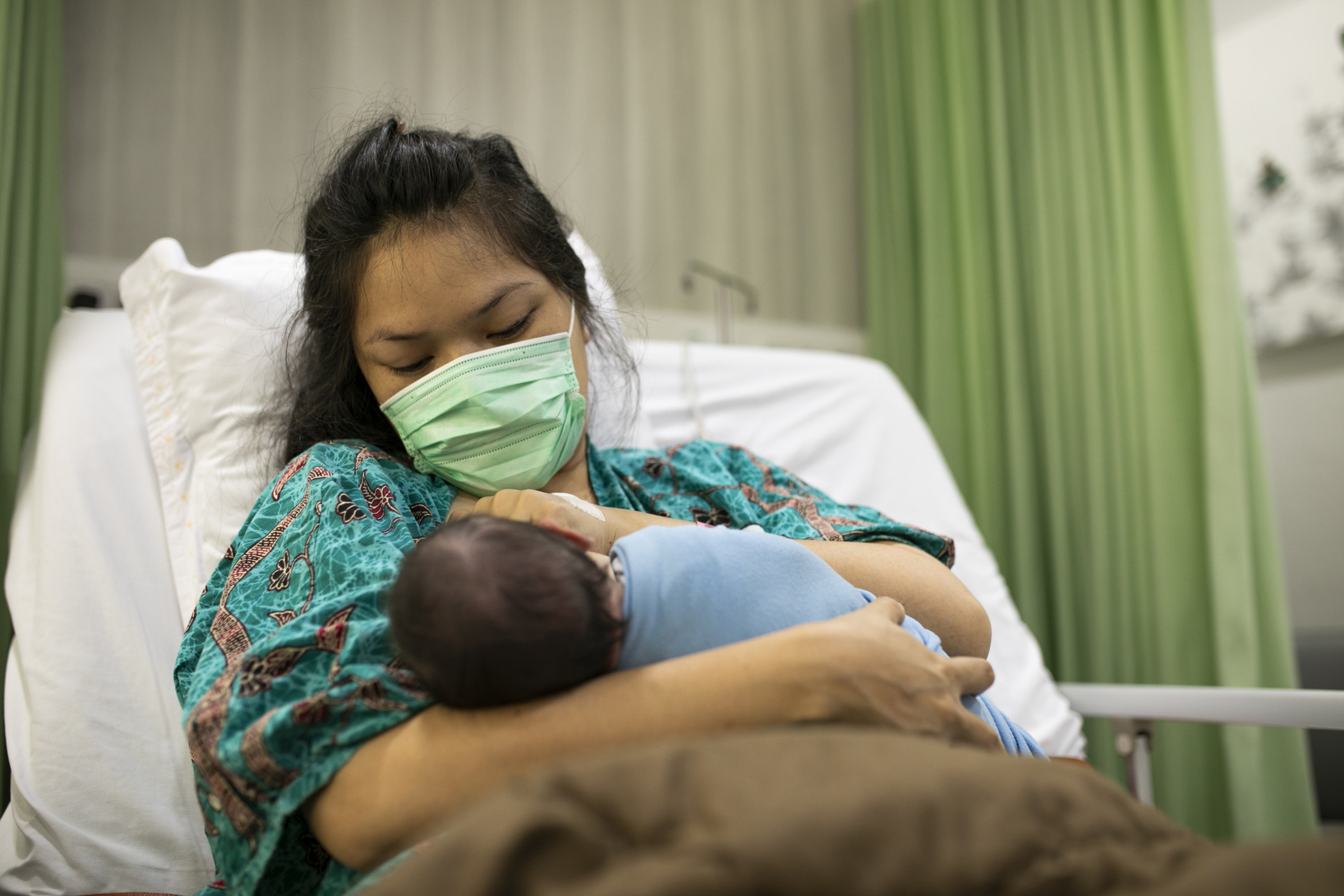
The past year and a half have been a wild ride, and it's been even wilder if you became a parent for the first time. If you thought living through a pandemic was hard, try having a baby during one. Everything from giving birth to those early newborn weeks came with extra challenges that new parents wouldn't have faced otherwise — and in most cases, they were doing it with much less support than they would have had if they weren't worried about a virus that could get their brand new baby (who also happens to have a brand new immune system) sick.
Raising a baby in isolation is no easy task — and it's not really the way we as parents have been doing it all these years. As a result, COVID babies are built a bit differently, but we don't mean that in a bad way. There are simply going to be a few differences in their abilities and social experiences given the time in history they were born — and that comes with plenty of positives and negatives.
These are the ways that pandemic babies are different from "regular" babies, though we have a feeling by the time they're in kindergarten, they'll be just like every other 5-year-old out there.
Their Arrival Into the World Was Different
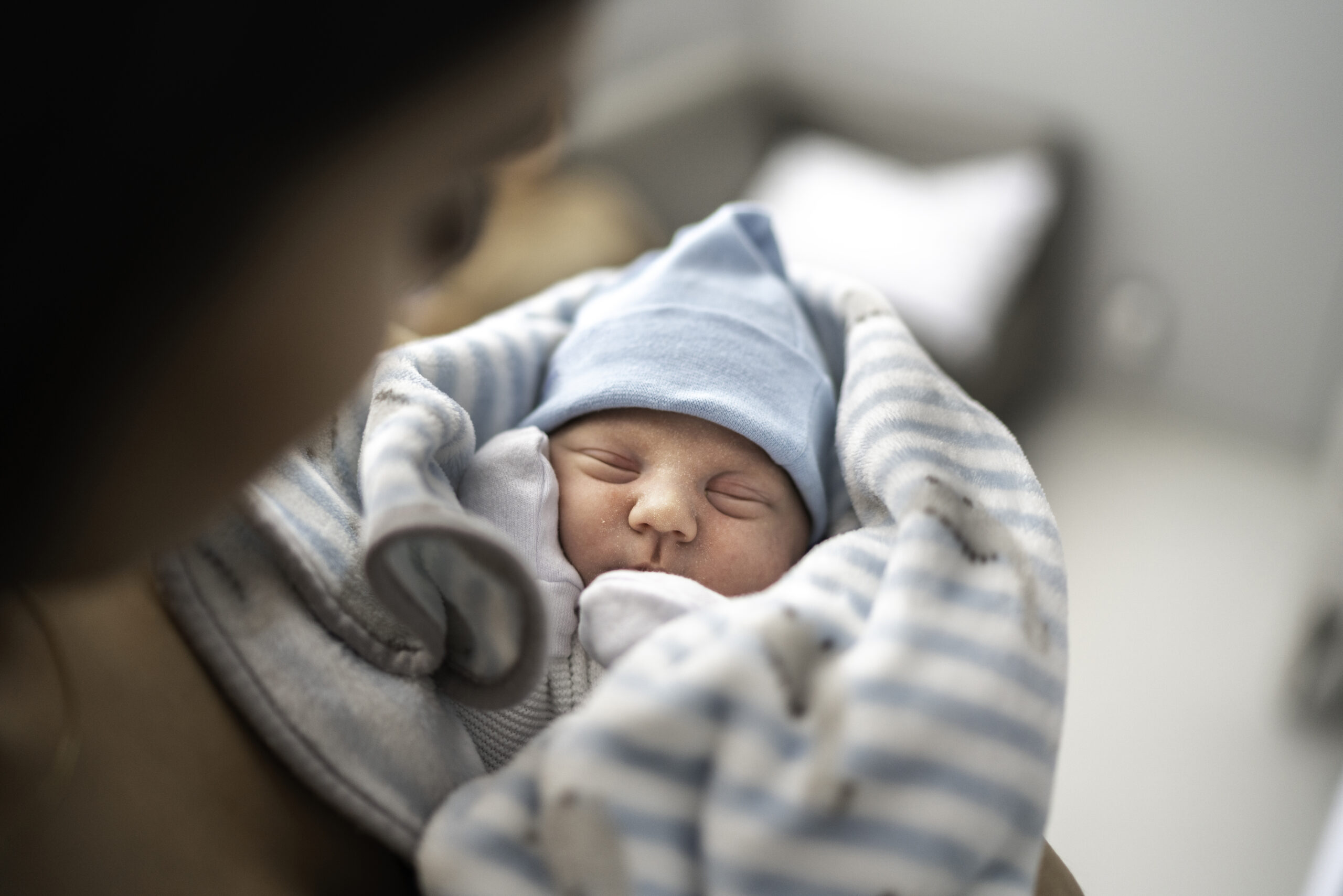
Babies born during the COVID pandemic were welcomed into the world in a slightly different way. Depending on when they arrived, they likely weren't greeted with lots of visitors and fanfare — instead, they spent their hospital stay with their parents only, and their first glimpse of their mom's face might have included a mask.
They've Had More Time With Parents at Home
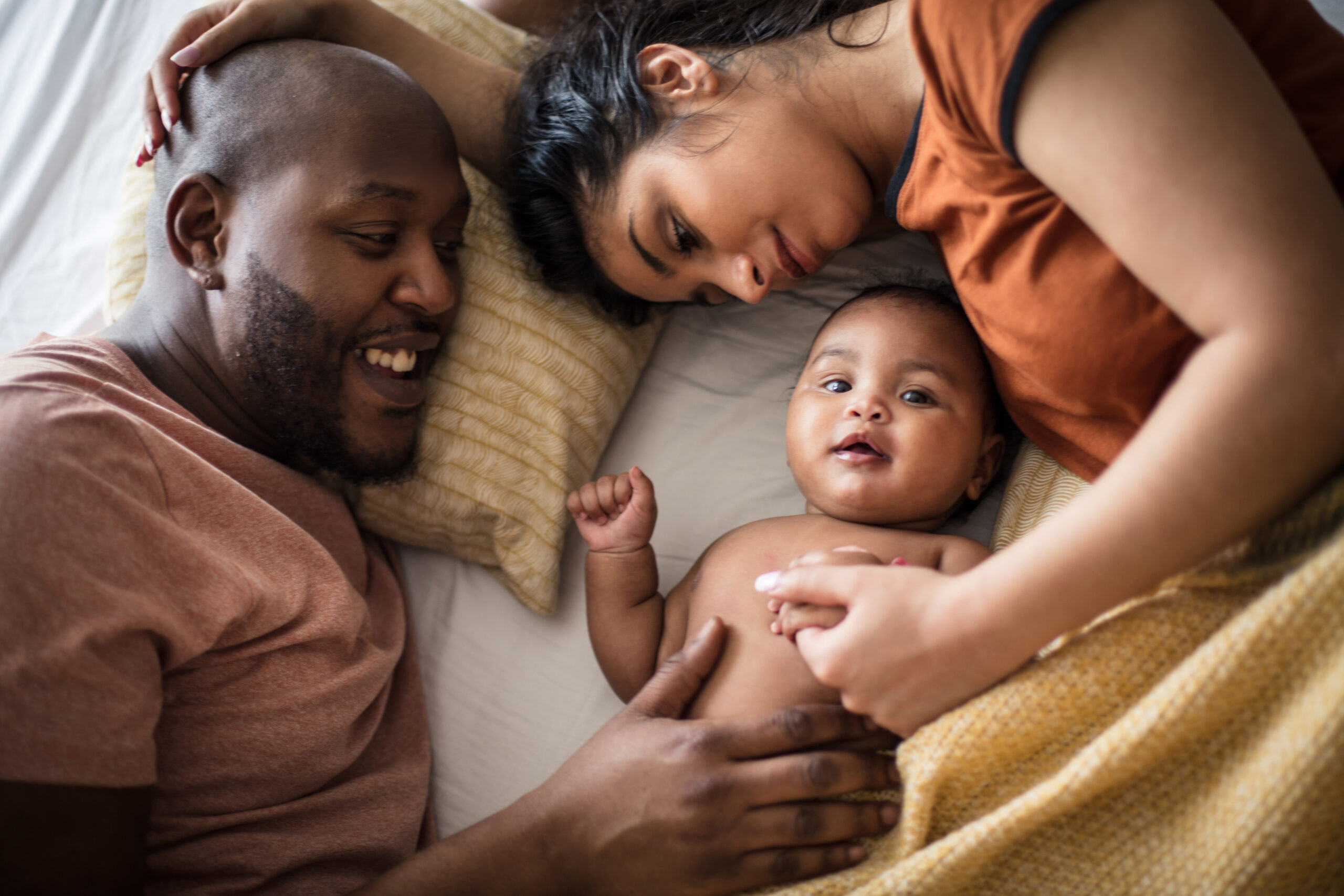
Normally, maternity and paternity leave in the US is short, but many companies pivoting to work-from-home policies means that many babies got extra face time with their parents that they might not have gotten otherwise. Of course, that's not to say that it isn't stressful juggling child care and work at the same time, but it also allowed for a bit more quality time, too.
They Received Less Socializing
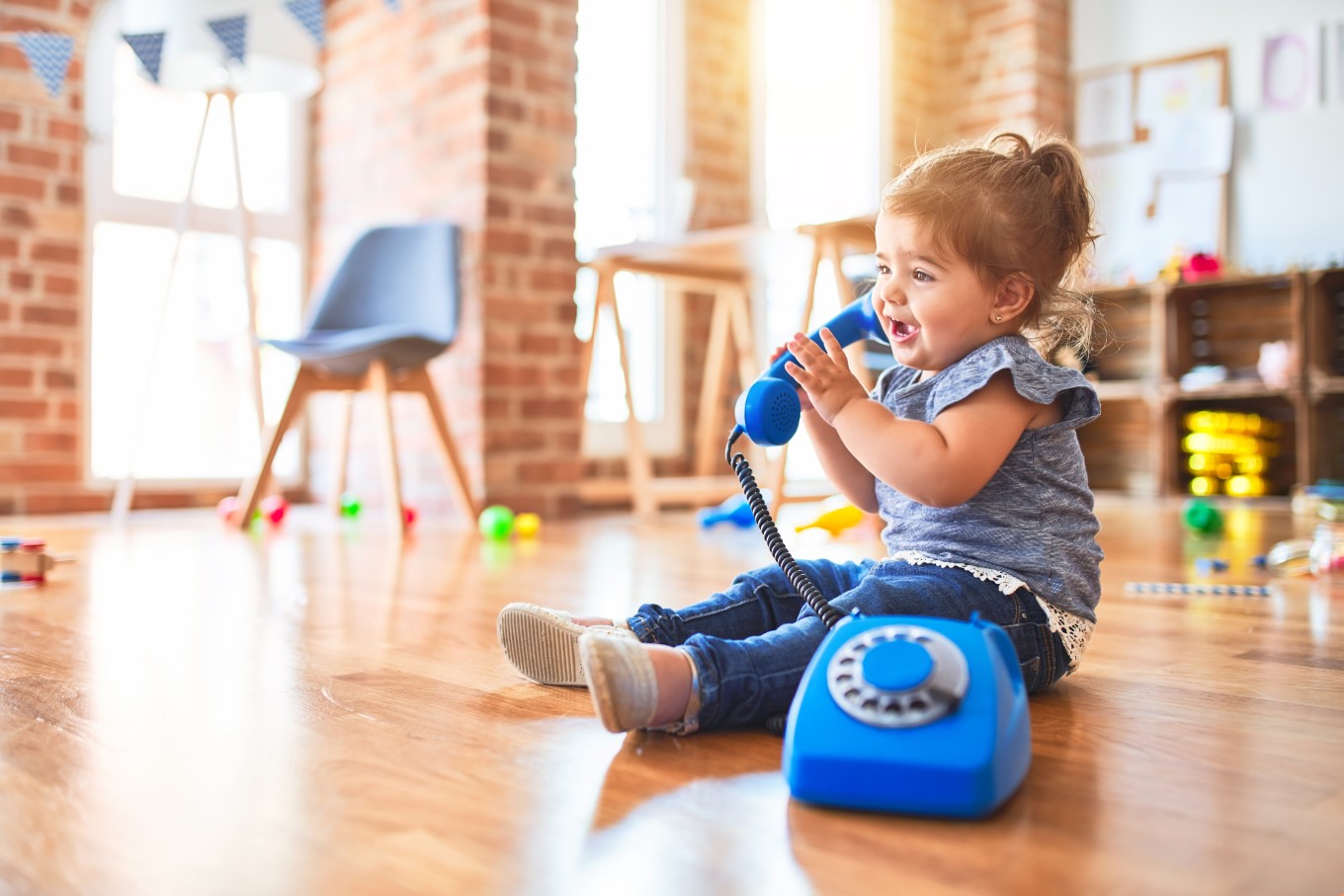
The downside to spending more time at home? Babies simply weren't getting as much social interaction as they might have if they were getting out of the house, seeing strangers, going to day care, and meeting new people at the park — and some pandemic parents might notice their babies are a bit on the shy side because of it.
They May Not Know Their Extended Family
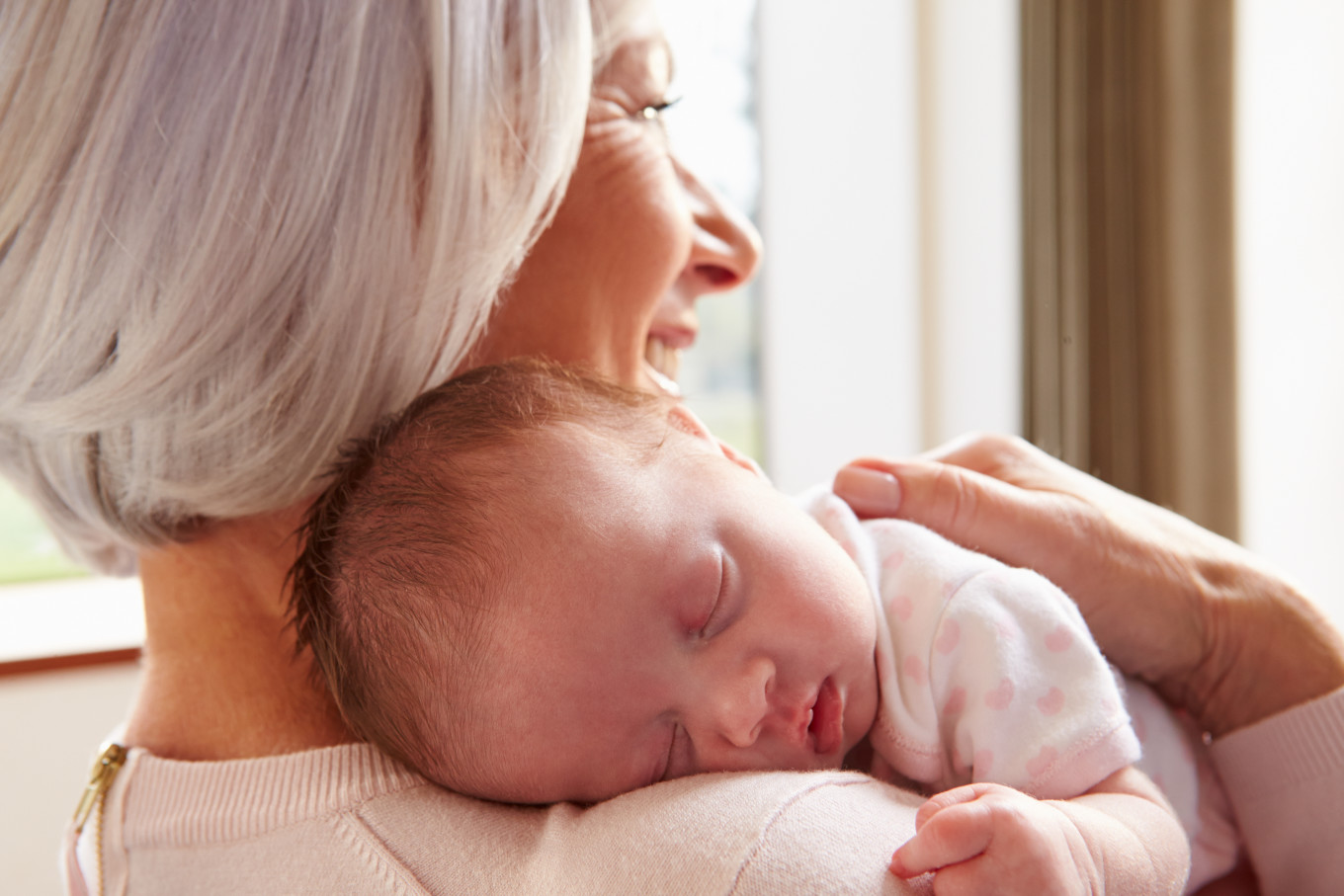
For a long period of time since the pandemic began, travel was cautioned against, especially before the vaccine rollout began at the end of 2020, and many of us were encouraged to avoid seeing older family members who might be at high risk of complications from COVID-19. That means that babies might have gone the entire first year of their lives without ever meeting their grandparents, aunts, uncles, or cousins — such a bummer!
They May Not Be Used to Going Out in Public
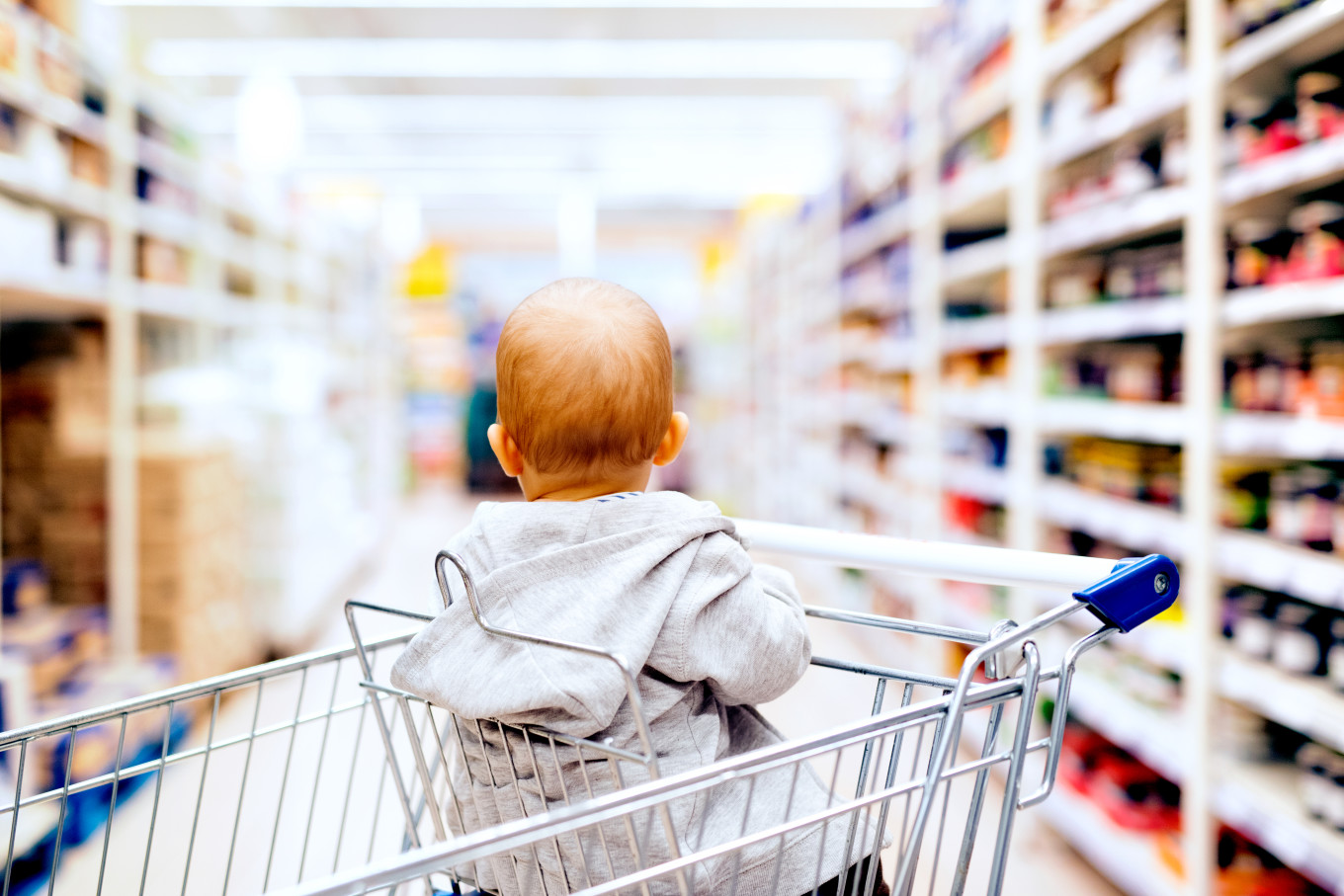
While most parents avoid taking newborns out to crowded public areas — partly because of the hassle and partly because of the germs — during the pandemic, babies have stayed home far longer than usual, and that means that even a simple trip to the grocery store can be mind-blowing when they finally get to go. It's a fun milestone, but it can also be a bit overstimulating for little ones until they get used to it.
They May Have Weakened Immune Systems
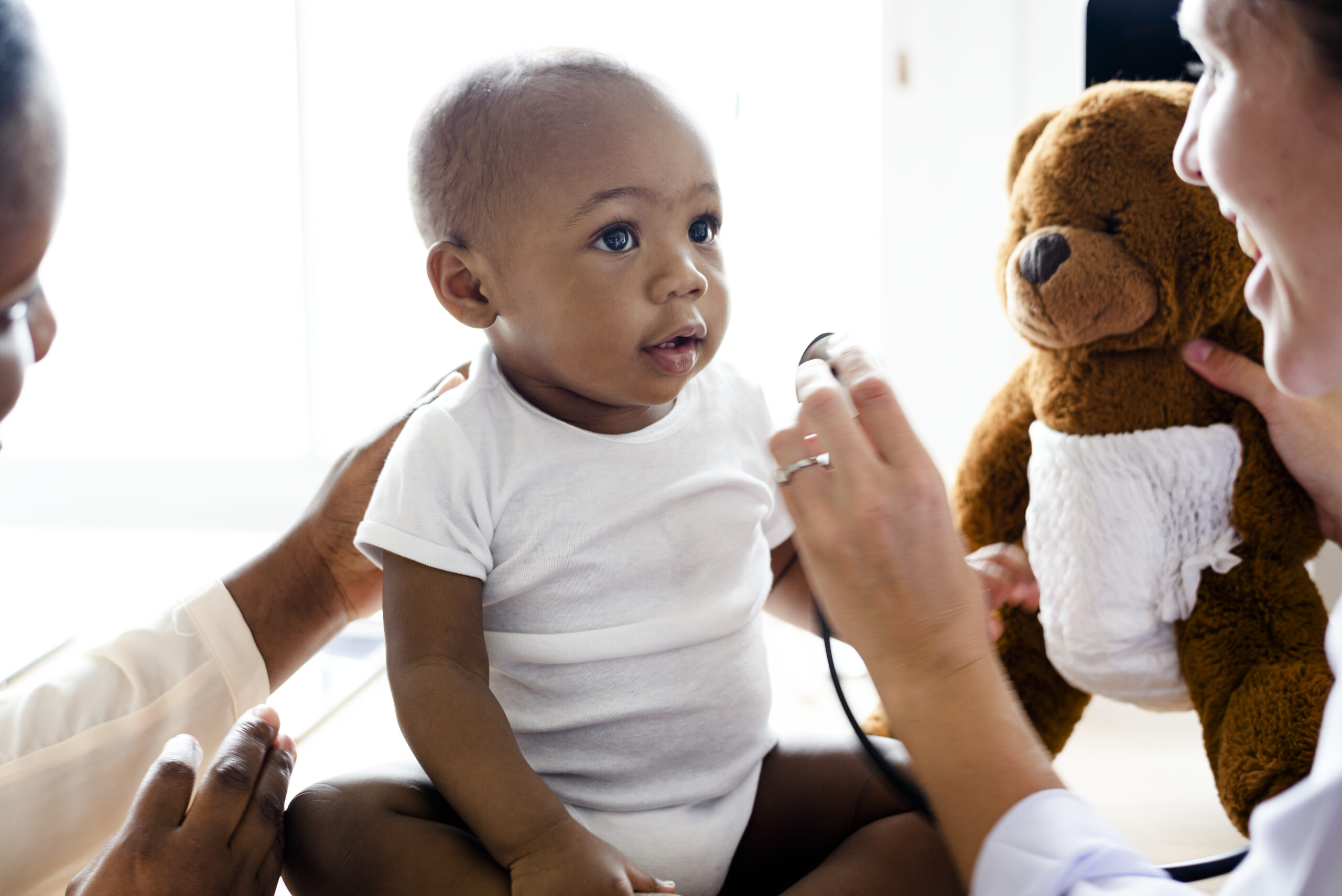
Another major downside to spending so much of their first year of life at home? Their immune systems aren't getting exposed to COVID, but they aren't getting exposed to anything else, either, and some experts believe that may have led to the recent outbreak of RSV in the summer.
Everyone They See Wears Masks
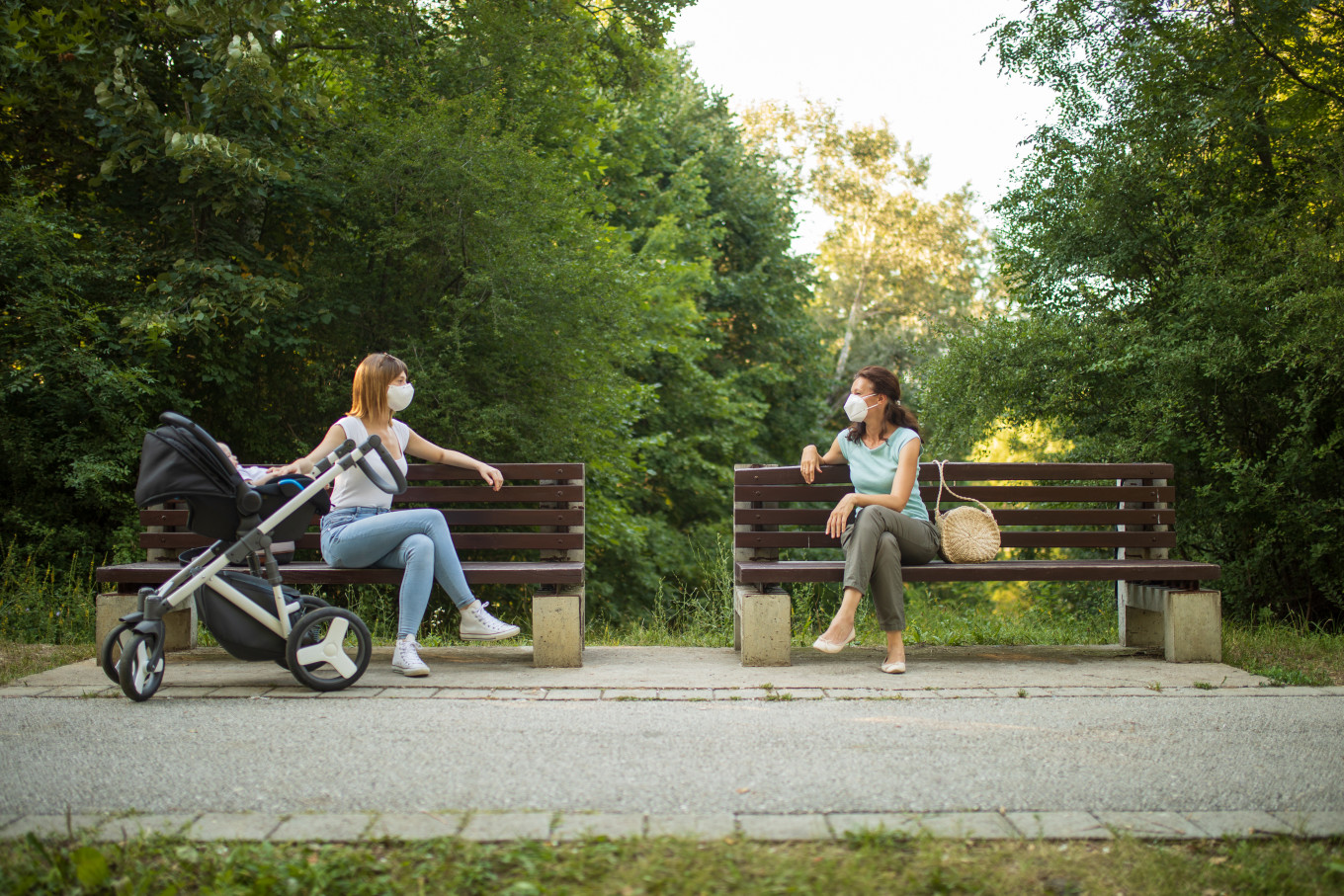
This can be a good thing — it means everyone around them is doing their best to protect one another. But at the same time, babies aren't getting to see all of people's faces, and aren't picking up social cues like smiles, which could impact their development.
The good news? They are seeing plenty of their parents' maskless faces (and smiles) at home.
They Could Be Affected by Their Parents' Stress
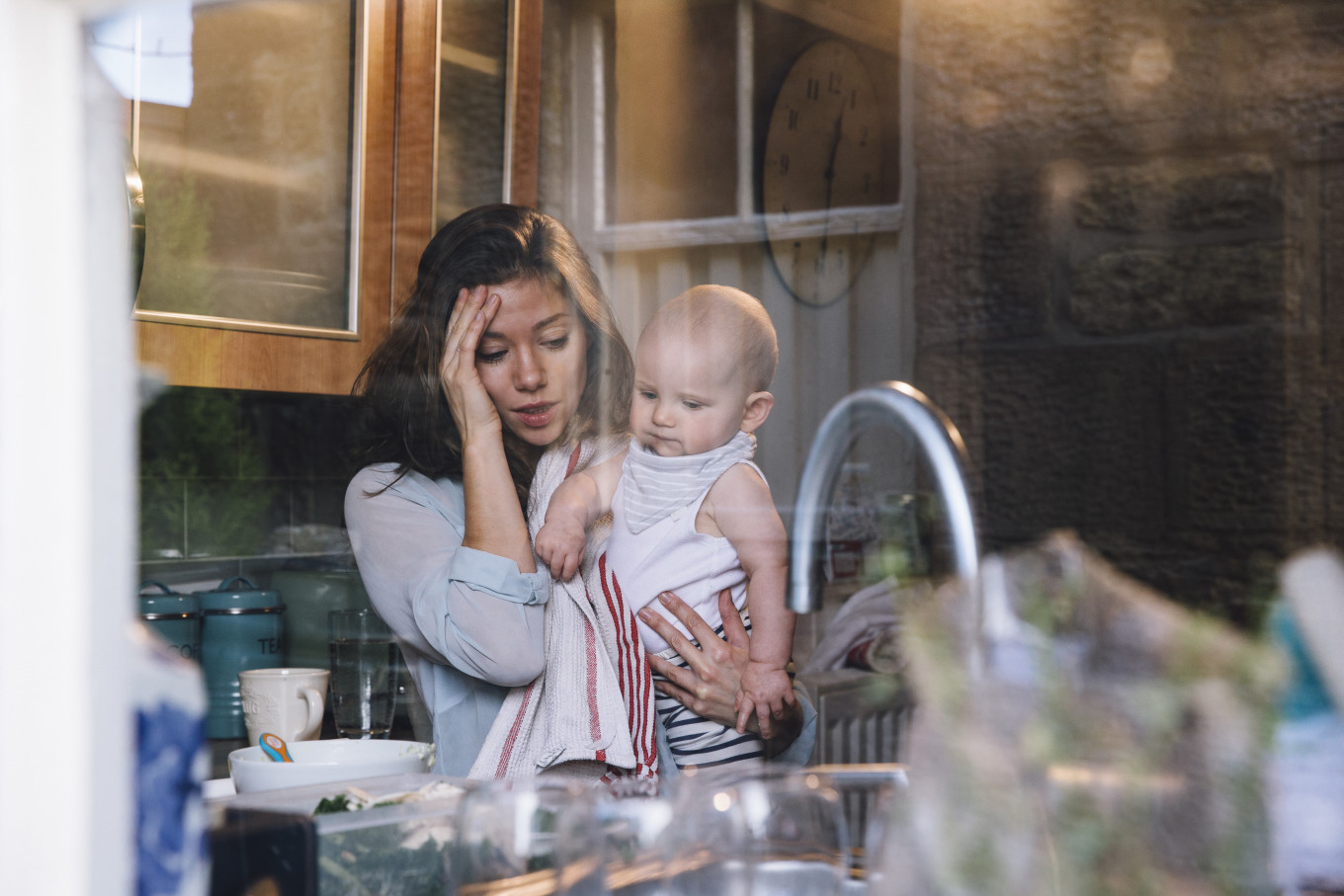
There's no doubt that the pandemic has been stressful on everyone — especially parents who have welcomed a child in the middle of all of this. And unfortunately, our stress does impact our kids, and experts think it could have negative effects on our babies (not that this fact is going to help you stress any less).
They're Watching More Screens Than Usual
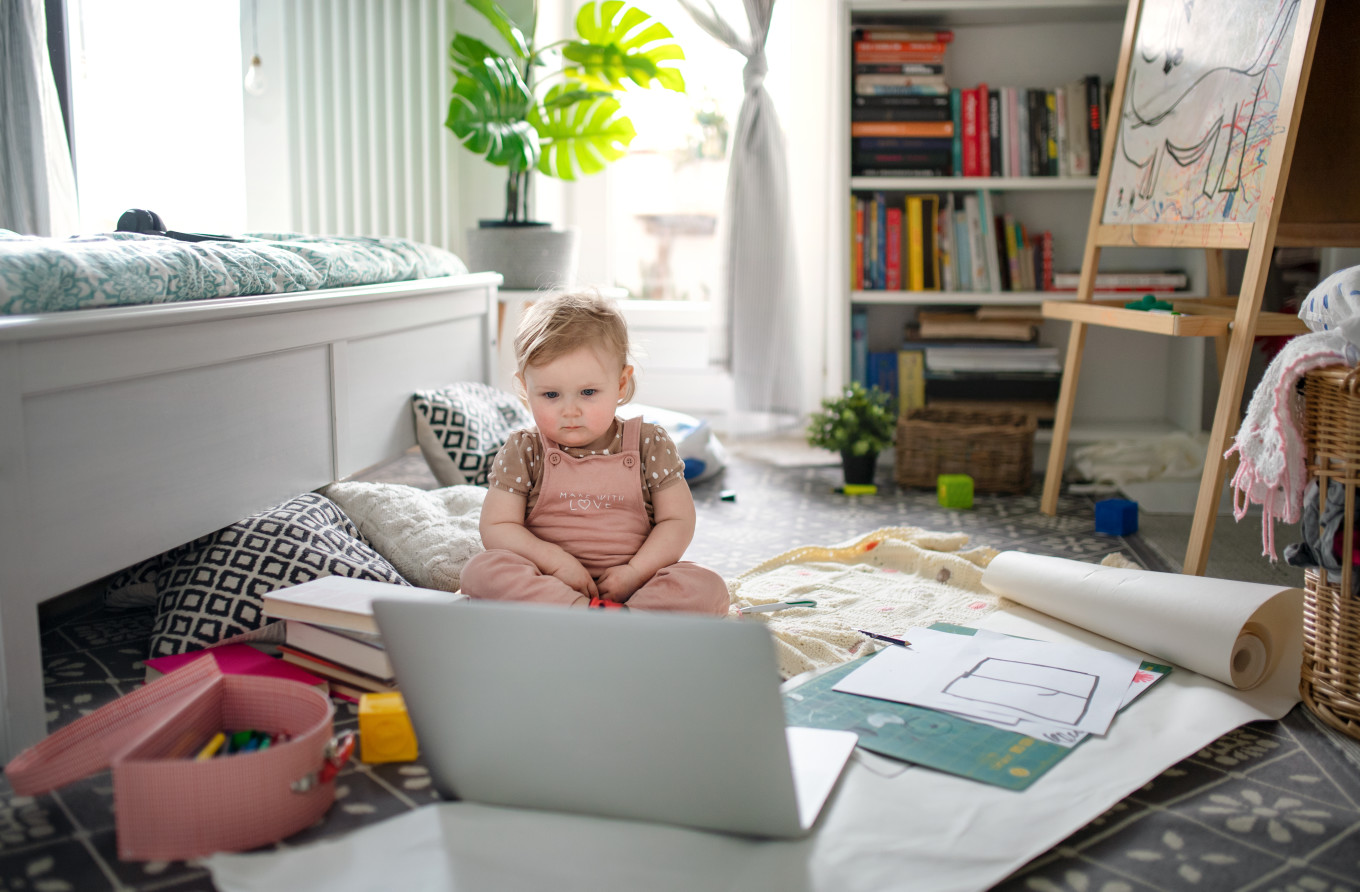
And it's not just TV we're talking about (even though an episode or five of Bluey can be a life saver when we're trying to work from home). Since it's been harder to see our loved ones lately, COVID babies have been visiting with relatives on Zoom and FaceTime, learning to interact with others through a screen instead of in person, face to face.
They've Gotten Less Physical Affection From Others
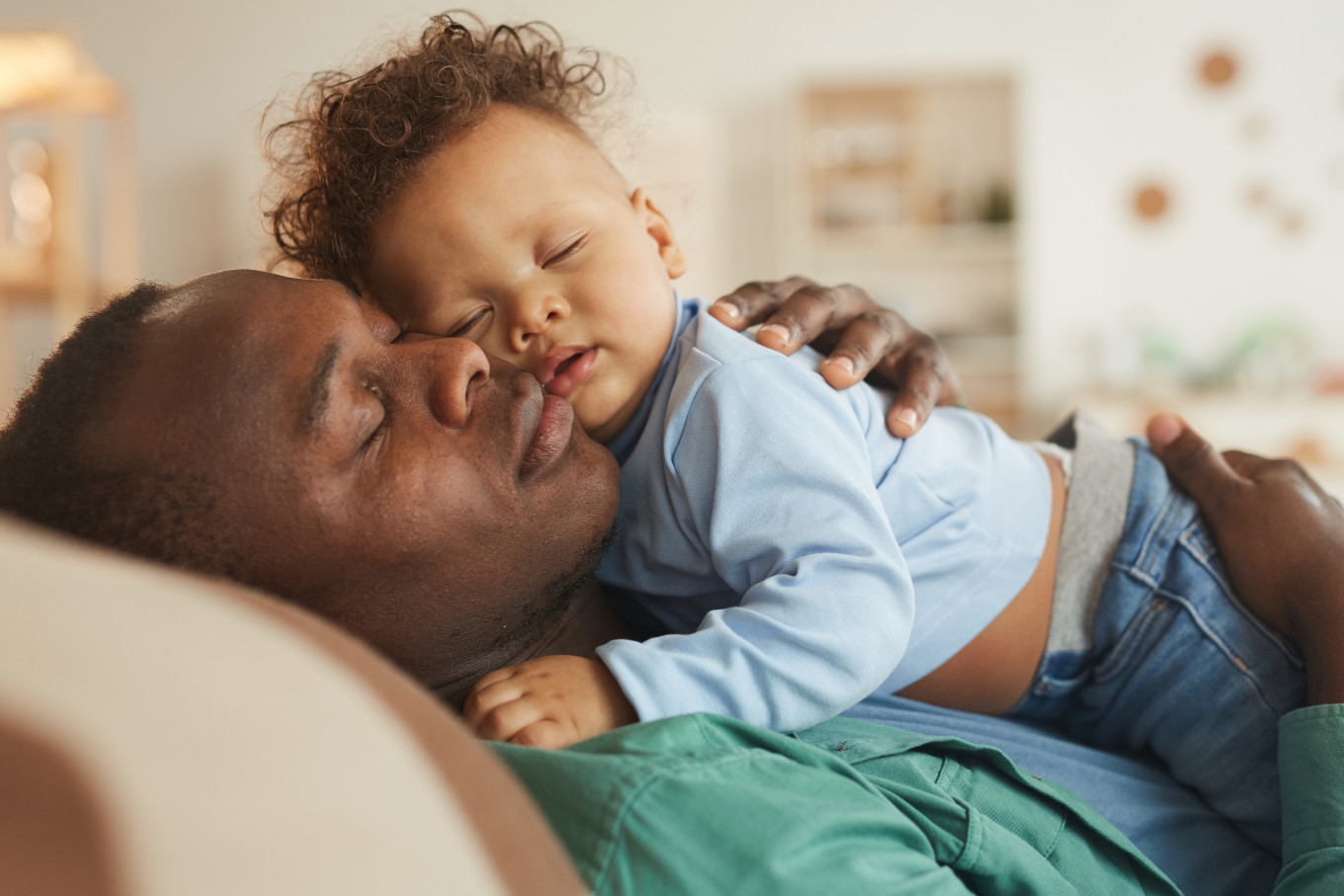
Unfortunately, many pandemic babies just don't know what it's like to crawl over to another baby on the playground and barrel into them for a hug — and some of them aren't even getting the cuddles from grandma they should because of travel complications or safety worries. But don't be too concerned — that's what parents are for.
Their Parents May Not Be Getting All the Support They Need
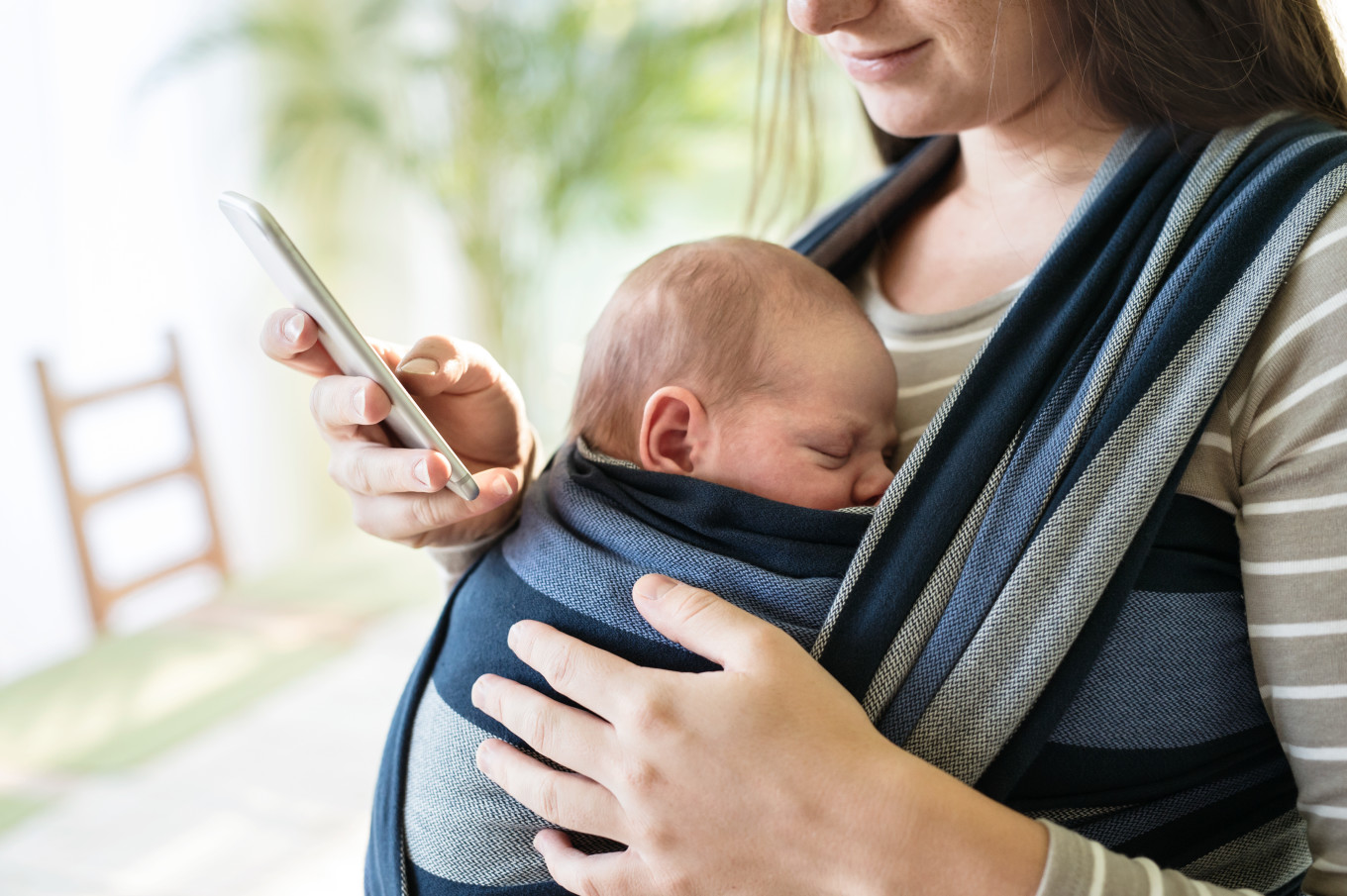
At a time when many of us are choosing to avoid unnecessary errands, taking advantage of child care, and keep our visits to germ-heavy places like doctors' offices to an absolute minimum, some parents aren't getting the support they usually would during normal circumstances — there's no doubt this has an impact on their little ones, too.
Some May Face Cognitive Delays
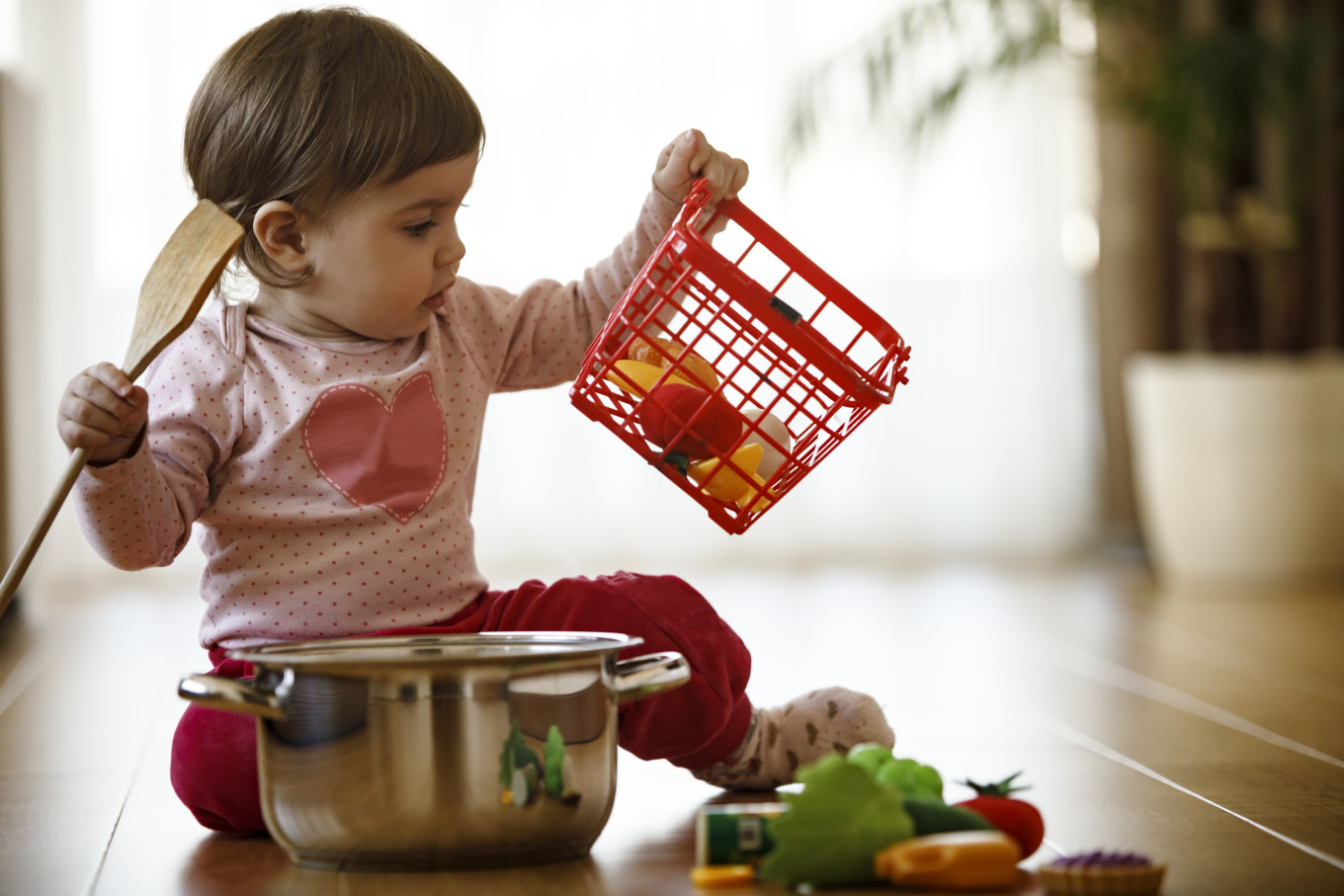
In a recent report, scientists have found that babies born during the pandemic tend to have a lower IQ than babies who were born before COVID took over our lives. Of course, studies like this are always alarming, but as things continue to get back to normal, hopefully babies born during this time will have the chance to catch up.
Some May Be More at Risk
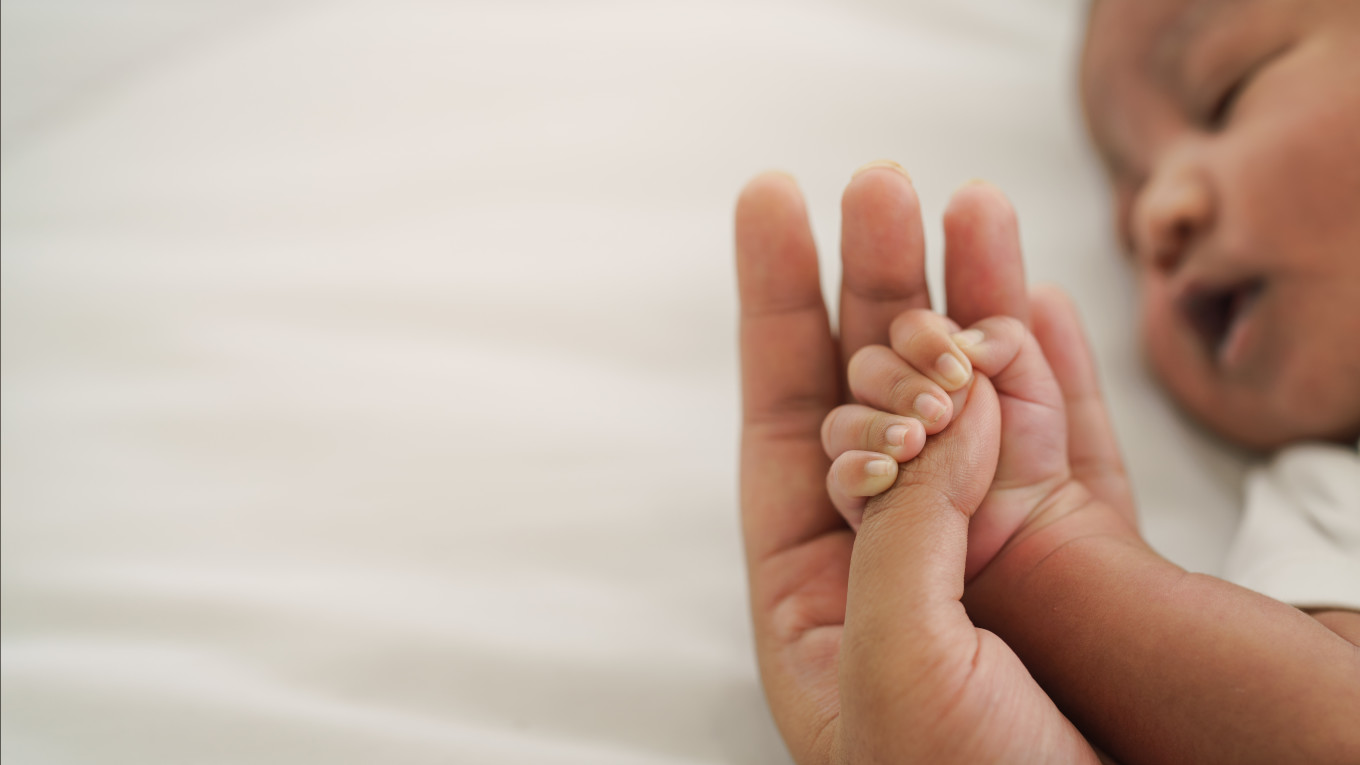
Considering that 2020 (and the first half of 2021) put many people in a pretty dark place, it's understandable if COVID babies are at more of a risk to be in bad situations. Their parents may have lost their jobs and may not have access to their personal support systems — not to mention how they might be affected if they contracted the virus themselves.
They Brought Their Families Extra Joy
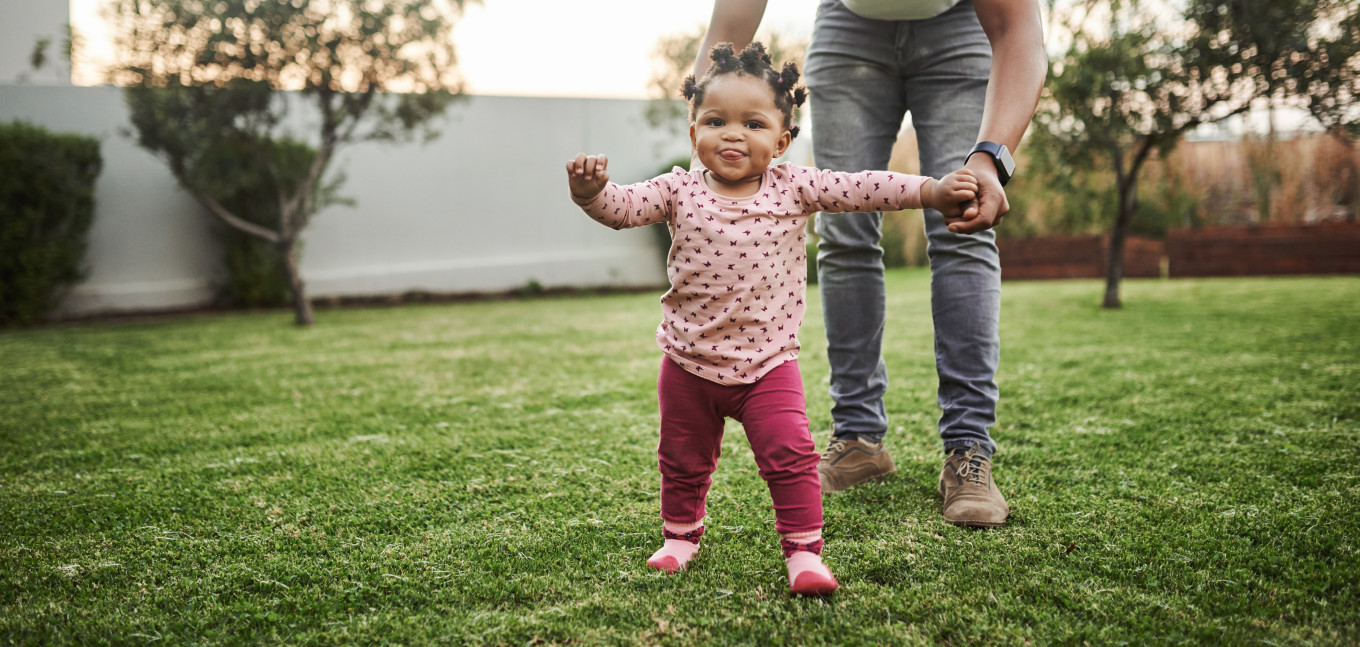
Though becoming a parent in a pandemic definitely isn't easy, there's no doubt that COVID babies have become rays of sunshine to their families in what's been a dark time for many people. These babies are a welcome source of joy at a time when their parents need it most.
Experts Believe They'll Be Just Fine
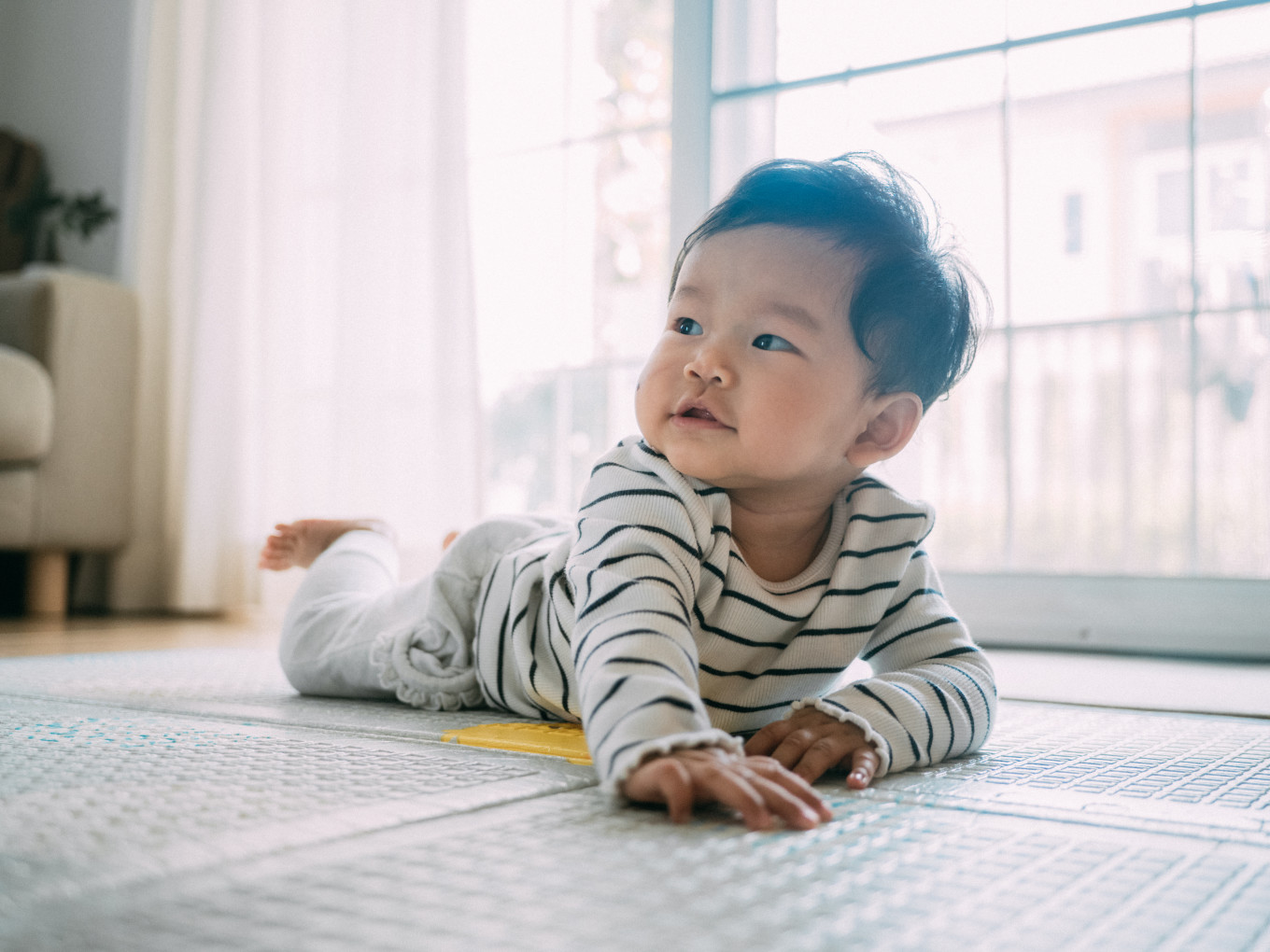
Despite the worries that people who became parents during the pandemic might have about their babies, experts seem to think that these little ones will be fine.
"Parents can be reassured that the pandemic’s restrictions won’t affect their young infant and toddler’s behavior and development," pediatrician Dr. Victoria Regan told USA Today, recommending that parents continue interacting with their babies as much as possible and read them plenty of books.




